AI Primer for Law Firms
AI Primer for Lawyers: What Every Legal Professional Needs to Know
Artificial Intelligence (AI) is transforming every industry, and the legal profession is no exception. As AI technologies become more sophisticated and accessible, lawyers must understand what AI is, how it works, and how it can impact legal practice—both as a powerful tool and a set of ethical considerations. This primer provides an essential introduction to AI for lawyers seeking to navigate the digital future with confidence.
What Is AI?
At its core, AI refers to computer systems designed to perform tasks that normally require human intelligence. These include understanding natural language, recognizing patterns, making decisions, and learning from data. From chatbots and virtual assistants to advanced analytics and predictive modeling, AI technologies cover a broad spectrum of applications.
How AI Applies to Legal Practice
AI is already reshaping legal workflows and client services in multiple ways:
Document Review and Contract Analysis: AI tools like Kira Systems and Luminance can rapidly analyze large volumes of contracts to identify key clauses, risks, or inconsistencies, drastically reducing review times.
Legal Research: Platforms such as Casetext use natural language processing to help lawyers find relevant case law and statutes more efficiently than traditional keyword searches.
Predictive Analytics: Tools like LexMachina provide insights by forecasting litigation outcomes based on historical data, aiding in strategy and client counseling.
Automation of Routine Tasks: AI-powered systems like Clio Manage automate timekeeping, billing, and client intake, freeing lawyers for more complex work.
Client Interaction: Virtual assistants such as LawDroid can handle initial client queries, offering basic guidance and improving responsiveness.
Benefits and Challenges
AI’s benefits include increased efficiency, cost savings, improved accuracy, and enhanced client service. However, lawyers must remain cautious about potential challenges such as data privacy, bias in AI algorithms, and compliance with professional ethics rules.
Ethical and Regulatory Considerations
Lawyers must ensure their AI tools comply with confidentiality obligations and understand how AI decisions are made to maintain accountability. Keeping up with regulatory developments is essential to ethical AI use.
How to Start Small with AI in Your Practice
Adopting AI doesn’t require a massive overhaul. Here are practical steps to start small and build confidence:
Pilot AI-Powered Document Review: Begin with a pilot project using AI tools for contract review on a specific client matter or document type. Evaluate results before broader adoption.
Integrate AI into Legal Research: Experiment with AI-driven legal research platforms alongside traditional methods to increase speed without sacrificing quality.
Automate Simple Administrative Tasks: Use AI-based time tracking and billing automation to reduce administrative burden and improve accuracy.
Leverage Chatbots for Client Intake: Implement a chatbot on your website to handle routine client questions and schedule appointments.
Train and Involve Your Team: Invest in training sessions to familiarize your staff with AI tools and gather feedback for effective integration.
Starting small allows law firms to manage risks, understand the technology’s practical application, and gradually scale AI benefits across the practice.
At Tulaine Technologies, we support law firms and legal professionals in embracing AI through tailored technology solutions, training, and strategic consulting. Contact us to learn how we can help your firm harness AI to enhance productivity, reduce risks, and stay competitive in the evolving legal landscape.
